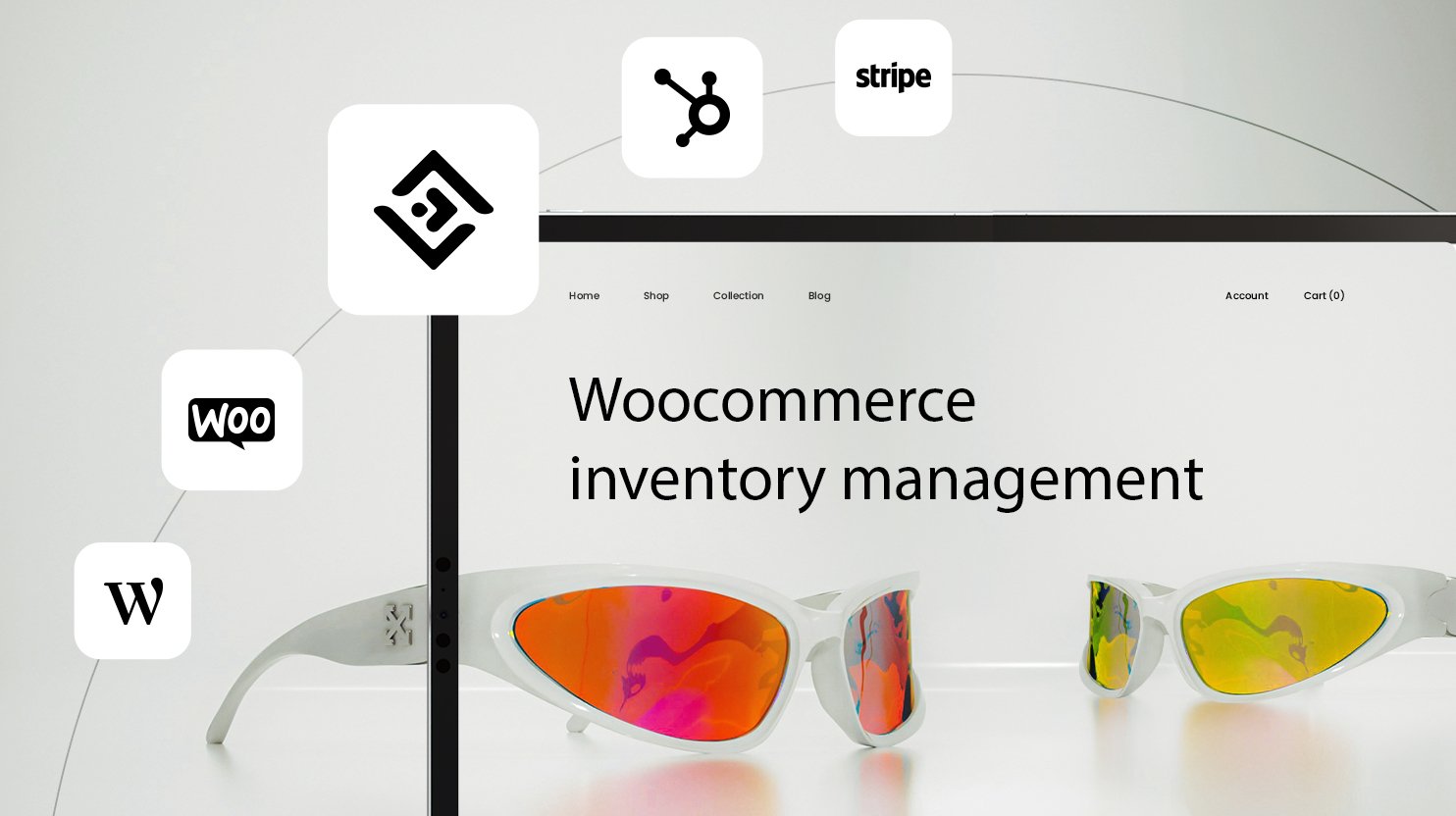In today’s fast-paced digital world, technology drives business growth and innovation. Among the tools that empower organizations to stay ahead, custom software development has emerged as a game-changer.
Unlike off-the-shelf software, custom solutions are tailor-made to meet a business’s unique requirements, ensuring seamless integration and optimized performance.
Custom software involves collaborating with developers to design, build, and implement applications specifically aligned with your goals, processes, and challenges.
While off-the-shelf software may offer convenience, it often lacks the flexibility and scalability needed for long-term success.
This blog explores the many advantages of investing in custom software developmentfrom enhanced efficiency to competitive differentiation.
Additionally, we’ll address potential drawbacks, helping you decide if custom software is the right fit for your business.
Dive in to learn why custom solutions are worth considering for a smarter, more productive future.
What is Custom Software Development?
Custom software development refers to creating tailored software solutions designed specifically to meet a business’s unique needs.
Unlike off-the-shelf software, which is mass-produced for general purposes and caters to a broad audience, custom software is built from the ground up, focusing on an organization’s specific goals, processes, and challenges.
Off-the-shelf options may provide convenience, but they often lack the flexibility and adaptability that growing businesses require.
Custom software empowers organizations to streamline operations, improve efficiency, and achieve long-term success.
Why Do Businesses Consider Custom Software?
Businesses should consider custom software to gain a competitive edge and address their unique demands. Custom solutions are especially useful in scenarios like:
- Scalability Needs: As businesses grow, custom software evolves with them.
- Unique Workflows: When no generic tool matches complex processes.
- Niche Industries: Serving specialized fields with minimal software options.
- Higher Privacy: Industries like finance or healthcare requiring enhanced data protection.
8 Advantages of Custom Software Development
Custom software development is a strategic investment that offers businesses a range of benefits tailored to their unique requirements.
Below, we explore eight key advantages of custom software development and why it’s a smarter choice than off-the-shelf alternatives in many scenarios.
-
Tailored to Specific Needs
Custom software is designed to meet the unique requirements of your business, ensuring that every feature aligns with your processes and goals.
Unlike off-the-shelf software, which offers generic solutions, custom development allows for:
- Features that cater specifically to your workflows.
- Elimination of unnecessary tools or functions.
- Streamlined operations tailored to your industry.
For instance, a logistics company may need a custom tracking system for real-time updates across its supply chain, which off-the-shelf software cannot provide.
-
Scalability and Flexibility
Custom software evolves with your business, making it easier to scale as your needs grow or change. Features can be added or modified over time, ensuring flexibility.
For a growing e-commerce business, a custom platform can scale to handle increasing traffic, compared to off-the-shelf software that might require costly upgrades.
Flexible systems can adapt to changing market trends or regulatory requirements without disrupting operations.
-
Enhanced Efficiency and Productivity
By automating repetitive tasks and reducing manual effort, custom software boosts efficiency and enhances employee productivity.
Unlike generic tools, custom solutions focus solely on your processes, minimizing downtime and streamlining operations.
For example, a healthcare provider could benefit from a custom patient management system that integrates scheduling, billing, and medical records, reducing administrative workload.
-
Cost-Effectiveness in the Long Run
While the initial development cost of custom software may be higher than off-the-shelf solutions, the long-term ROI is substantial. Businesses save on:
- Licensing fees.
- Subscription renewals.
- Costly upgrades or additional features.
Custom software eliminates dependency on third-party providers, reducing recurring costs. Over time, the solution’s ability to increase efficiency and scalability provides measurable returns on investment.
-
Better Security
Custom software offers higher levels of security since it is built exclusively for your business, reducing vulnerabilities associated with mass-market applications.
Developers can implement advanced security features tailored to your industry’s compliance requirements.
Here are some examples of industries needing superior security:
- Healthcare: Custom software ensures HIPAA compliance for sensitive patient data.
- Finance: High-security systems protect financial transactions and customer information.
In contrast, off-the-shelf software is more vulnerable to hacking because of its widespread use.
-
Competitive Advantage
Custom software allows businesses to differentiate themselves by offering unique capabilities and experiences that competitors may lack.
This tailored approach enables businesses to adapt quickly to changing market conditions or consumer demands.
A travel agency with a custom booking system that offers personalized itineraries and real-time availability gains an edge over competitors using generic platforms.
-
Smooth Integration with Existing Systems
Unlike off-the-shelf software, which may not integrate seamlessly with existing tools or platforms, custom software is designed to work with your current systems. This ensures:
- Consistent data flow across departments.
- Minimal disruption during implementation.
- Compatibility with legacy systems or specialized tools.
For instance, a manufacturing company can have custom software designed to integrate production tracking with inventory management, avoiding inefficiencies caused by siloed systems.
-
Ownership and Better Control
With custom software, businesses own the solution entirely, giving them full control over its functionality, updates, and usage. There’s no reliance on third-party providers or risk of service discontinuation.
Some benefits of this factor include-
- Freedom to customize the software as needs change.
- Avoiding unexpected costs from licensing changes or restrictions.
- Ensuring longevity without depending on external vendors.
For example, owning a custom CRM ensures the system continues to evolve with your sales team’s needs, unlike off-the-shelf CRMs that may limit customization or updates.
Limitations to Consider Before Choosing Custom Software
While custom software development offers numerous advantages, it’s important to consider a few limitations before committing to it.
These challenges can help businesses make informed decisions based on their resources and needs.
Higher Initial Costs
Custom software requires a significant upfront investment compared to off-the-shelf solutions. The cost includes designing, developing, and testing the software from scratch, making it a costly option for smaller businesses with limited budgets.
Longer Development Time
Creating custom software is a time-intensive process that involves multiple stages, including:
- Designing: Understanding and mapping business-specific requirements.
- Development: Writing and building custom code.
- Testing: Identifying and fixing bugs or errors.
- Implementation: Integrating the software into existing workflows.
This extended timeline may delay immediate business needs.
Maintenance Responsibility
Unlike off-the-shelf software, where updates are handled by the vendor, the responsibility for maintaining and updating custom software rests on the company.
Regular updates are crucial to align the software with the business’s growth, requiring dedicated resources and effort.
Understanding these limitations ensures businesses are prepared for the commitment custom software demands.
Conclusion
Custom software development offers unparalleled benefits, from tailored solutions and scalability to enhanced security and long-term cost-effectiveness.
It’s particularly valuable for businesses with unique workflows, niche industries, or specialized needs.
While initial costs and development time may seem daunting, the investment pays off through improved efficiency, seamless integration, and complete control.
If you’re considering custom software for your business, now is the time to act.
Explore how custom development can transform your operations, and partner with professional developers to create a solution that aligns perfectly with your goals.
Take the first step toward smarter, more efficient software today!











